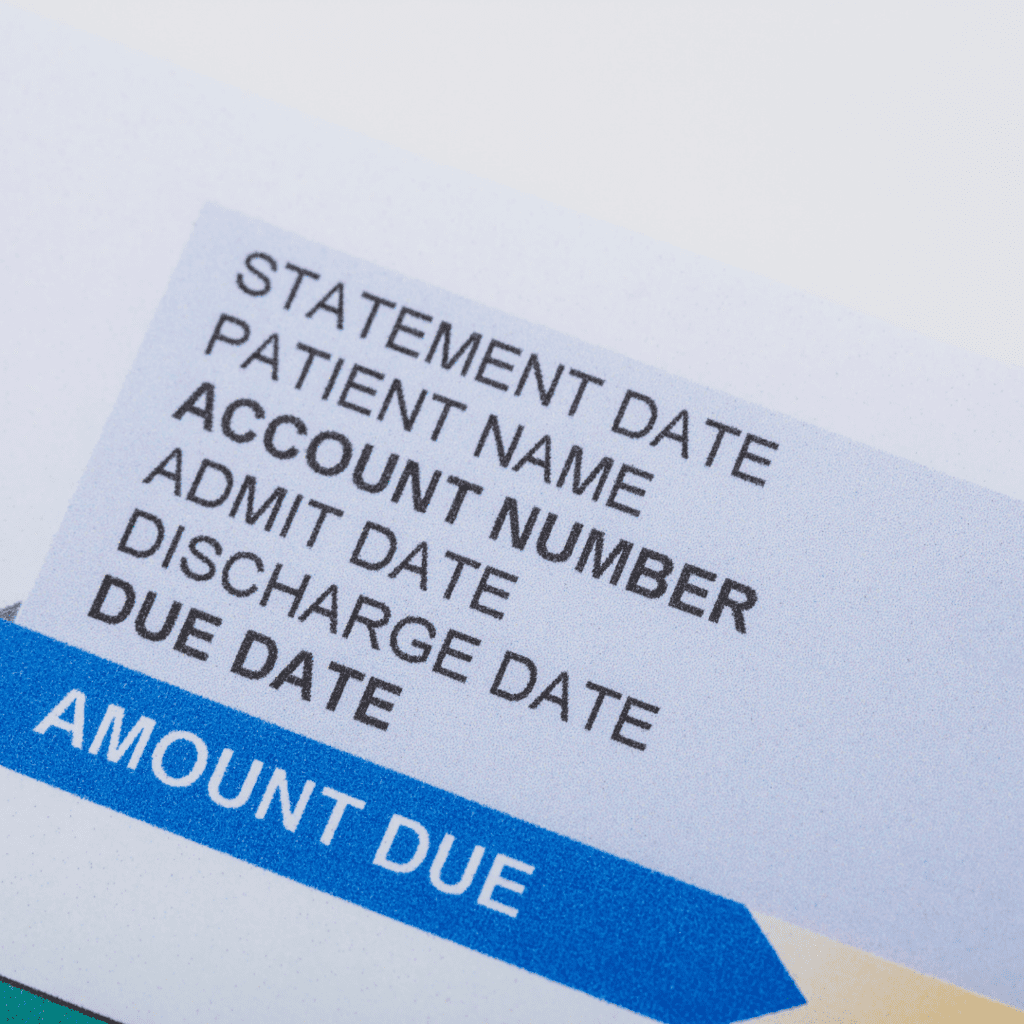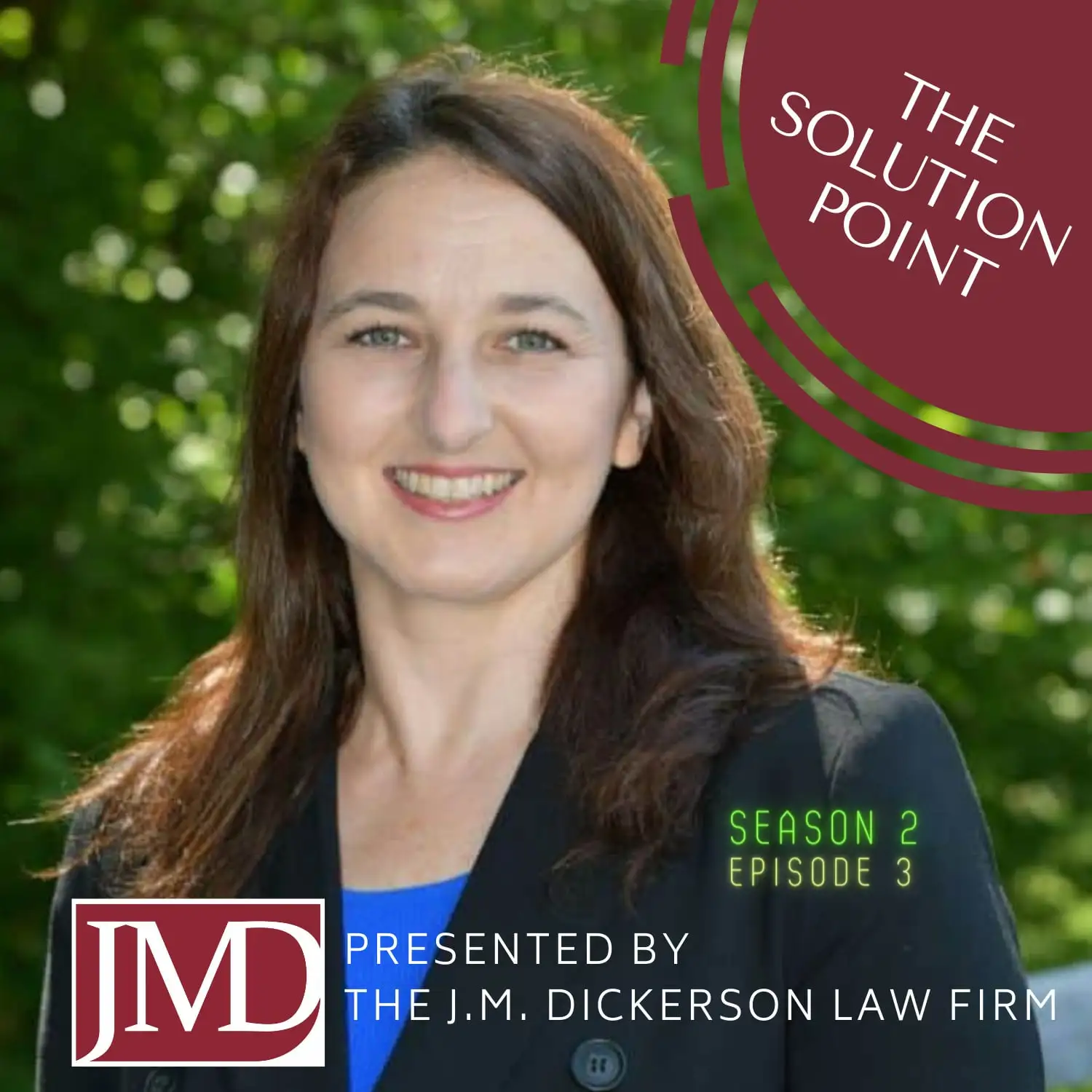Are you getting a tax refund in 2021? If so, what will you do with it? Maybe you will take a nice vacation. This sounds great but unlikely during the pandemic. Maybe you will put it away for a rainy day. Or, if you are like most of us, you will use it to catch up on bills.
We all have debt. In fact, debt is nearly unavoidable in today’s world. For some, medical debt, credit cards, personal loans, and other obligations become a burden that leaves them unable to care for their families. If your debt is large and unmanageable, you should use your tax refund to pay for your bankruptcy case.
Why File Bankruptcy
Using your tax refund to pay down some bills is not a good idea. This is especially true when your bills will just continue to rise after your refund money is gone. It makes more sense to file a Chapter 7 bankruptcy.
Wiping the Slate Clean
Chapter 7 bankruptcy discharges all qualifying debts, giving you a fresh start. Debts that qualify for bankruptcy include credit cards, personal loans, vehicle loans, mortgages, and medical debt. Certain financial obligations cannot be discharged, including student loans, most tax debt, and child support. This option does not require that you make ongoing payments to creditors; once your discharge goes through, the debt is completely forgiven.
Improve your Credit Score
Most people who qualify for Chapter 7 relief already have bad credit. We hear people express their fear that filing for bankruptcy relief will further damage their credit and they will not be able to obtain credit for 7 to 10 years. We want you to know this is not true. Filing for Chapter 7 bankruptcy relief can improve your credit score!
Financial Qualifications
Before you file Chapter 7 bankruptcy, you must verify that you meet certain financial standards. Generally, if your income is below the New Jersey state median, you will qualify for Chapter 7 bankruptcy. For those who fall above the median income line, you must go through a more complicated means test. The test looks at your debts and monthly payments in comparison to your income to figure out if partial payments are an option for you. If the means test finds that partial payments are not a practical option for you, you may be permitted to file a Chapter 7 bankruptcy. Otherwise, Chapter 13 might be a choice for you.
Property Exemptions
Some people put off filing bankruptcy because they fear losing their personal assets, including their home and vehicle. However, Federal law does allow for some exemptions and Lucid Law will help you make sure you take advantage of all the exemptions that apply to you and protect all the assets you want and need to keep. Additionally, you can choose to reaffirm certain debts if you want to keep your assets. If you reaffirm your debt, you willingly choose to continue making payments in exchange for keeping the assets. Some choose to reaffirm their vehicle loan or mortgage to keep their home and car, for example. To reaffirm a debt, all payments must be current. Some personal property is exempt from bankruptcy proceedings. Individuals can keep up to $1,000 of personal property. Certain government pensions and other retirement funds are also exempt from bankruptcy proceedings.
Before you blow your tax refund on something elaborate or use to pay off some debts, call us. We will give you a free consultation. At this consult, we can figure out the best strategy for you. Email today to schedule a consult: [email protected].



